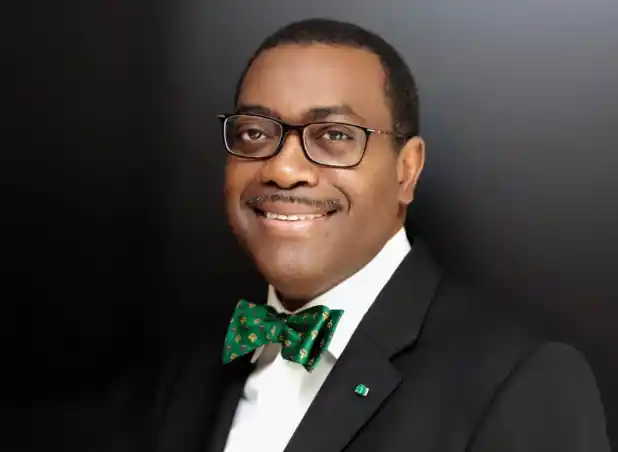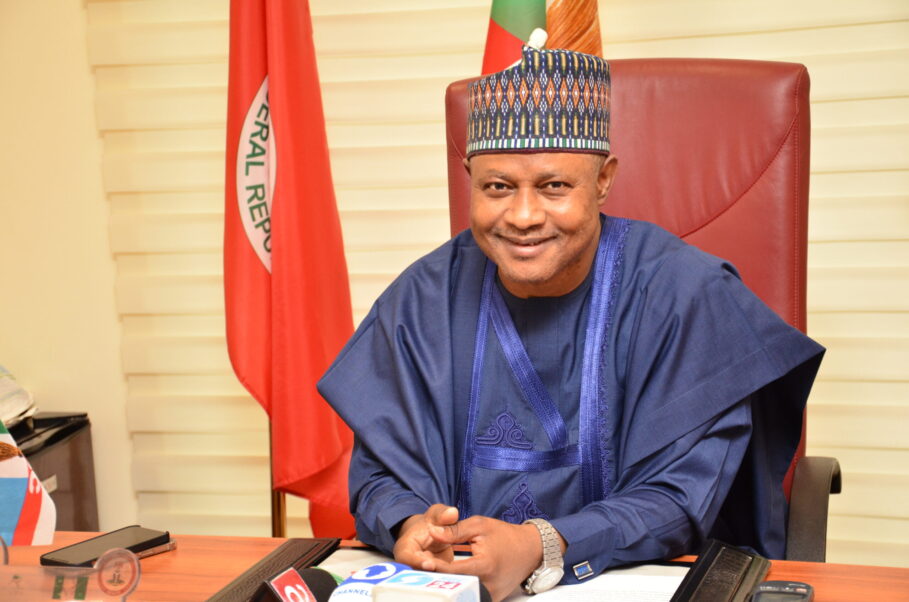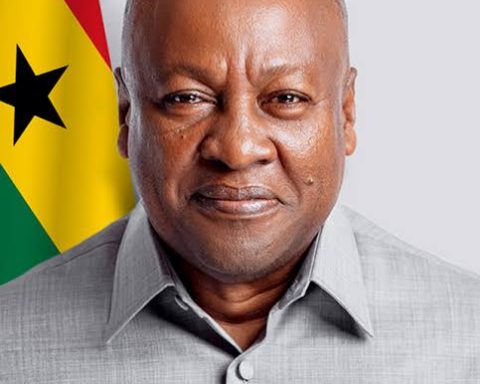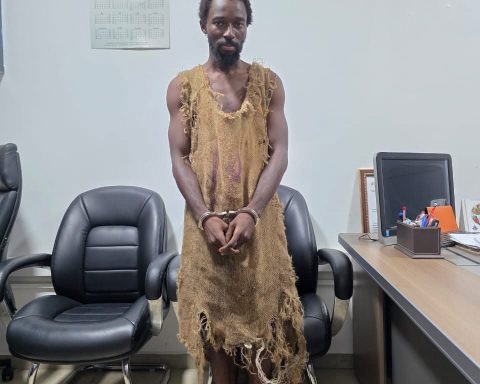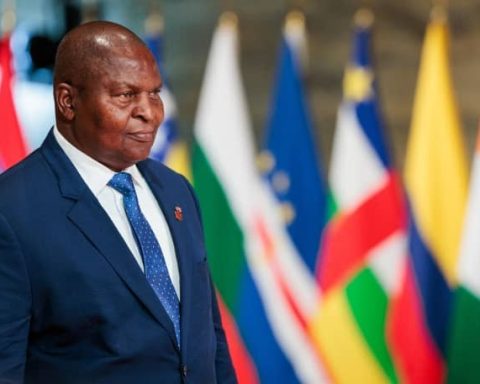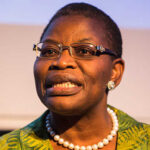The African Development Bank Group (AfDB) has shed light on gaps in macroeconomic modeling capacity across African nations.
This was reveled during the African Economic Conference 2023 held in Addis Ababa.
Join our WhatsApp ChannelThe comprehensive report titled “Benchmark Macroeconomic Models for Effective Policy Management in Africa” uncovered startling insights, revealing the inadequacies of existing models used by 31 out of 54 African countries.
Kevin Chika Urama, Chief Economist and Vice President for Economic Governance and Knowledge Management at AfDB, emphasized the importance of macroeconomic models in navigating economic trends.
“Models are only attempts to simplify realities in a logical manner to inform decision-making under specific assumptions, contexts, and realities,” he stated.
READ ALSO: AfDB Report Reveals Lagos Budget Disparity, Ignites Wasteful Spending Outcry
Shalom Gebredingel, Chief of Staff and Special Advisor to Ethiopia’s Minister for Planning and Development, hailed the report as a transformative catalyst amidst global challenges like the pandemic, geopolitical tensions, and climate change.
“It represents a shared commitment to transformative change,” Gebredingel emphasized.
Presenting the study’s findings, Eric Ogunleye, Division Manager for the Policy Management Division at the African Development Institute, highlighted the aim to assess existing models and their suitability for decision-making.
The report’s revelations come at a critical juncture as Africa grapples with multifaceted challenges, including the COVID-19 pandemic, geopolitical disruptions, and climate-induced crises like droughts and flooding.
The African Development Bank remains committed to tailoring capacity development initiatives to meet member countries’ specific needs, ensuring strategies that address demand-driven realities.
The African Economic Conference, a collaborative effort between AfDB, the United Nations Economic Commission for Africa, and the United Nations Development Programme, focused on the theme “Imperatives for Sustainable Industrial Development in Africa.”
It served as a platform for experts, private sector representatives, researchers, and youth to deliberate on issues driving Africa’s economic progress.
Emmanuel Ochayi is a journalist. He is a graduate of the University of Lagos, School of first choice and the nations pride. Emmanuel is keen on exploring writing angles in different areas, including Business, climate change, politics, Education, and others.


